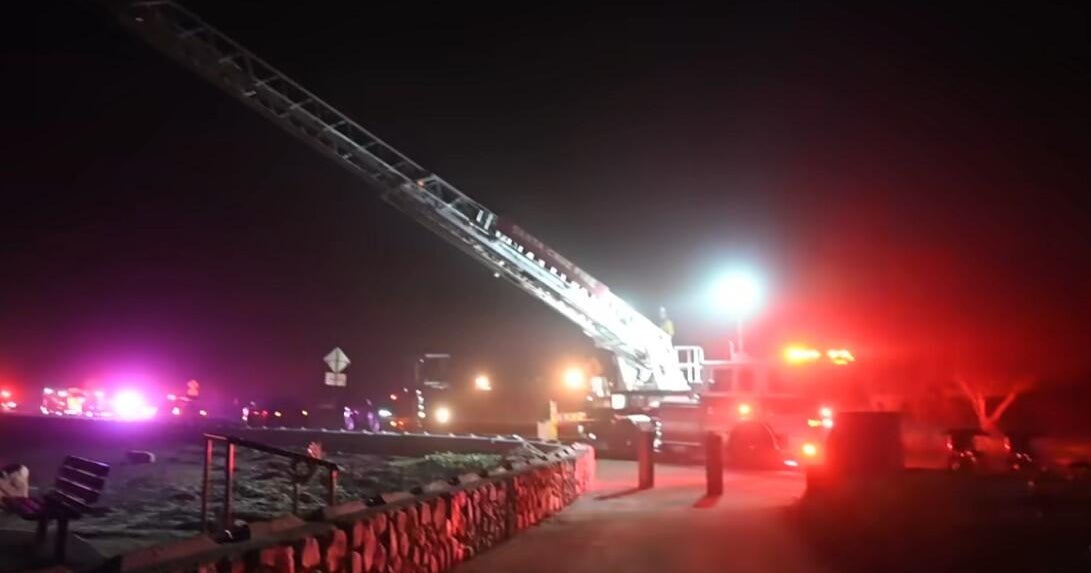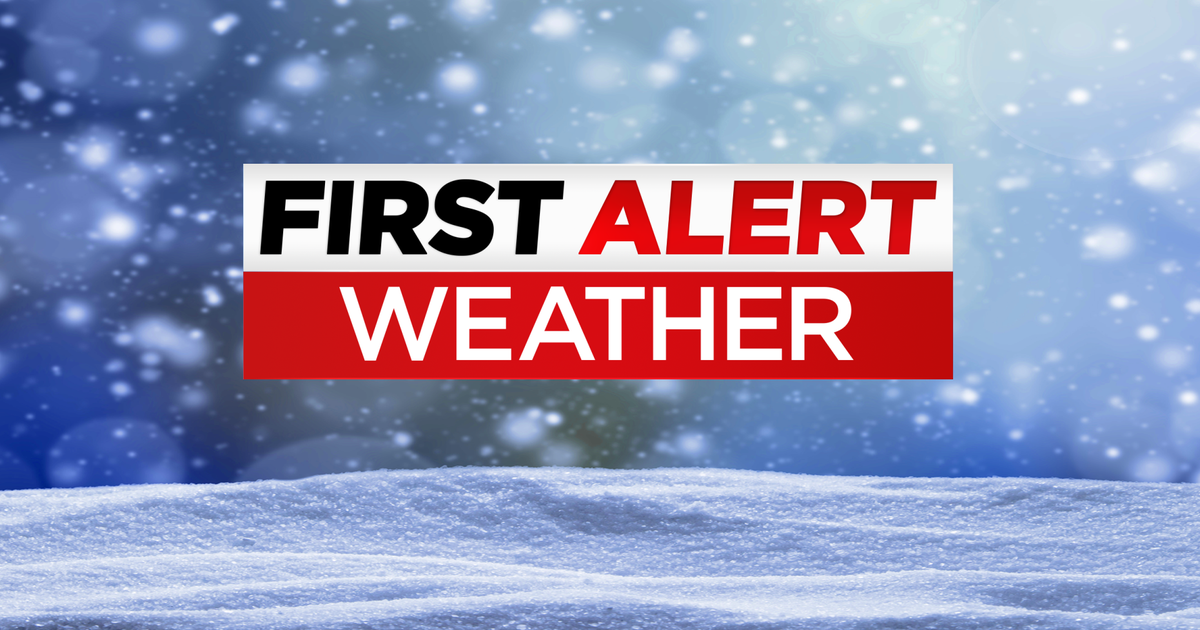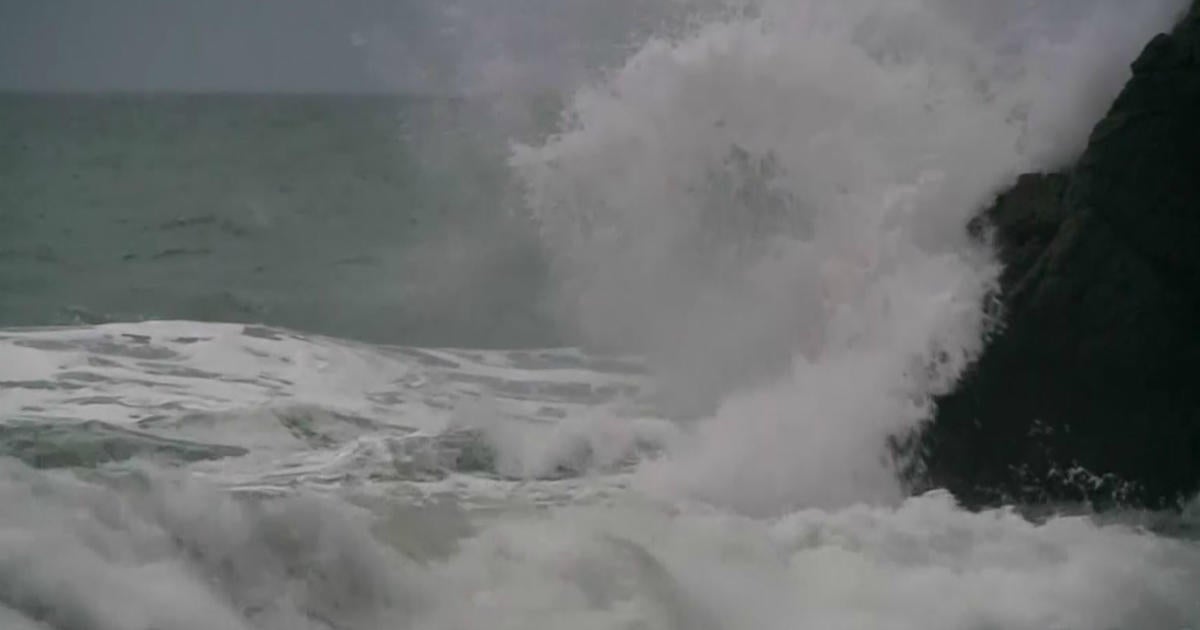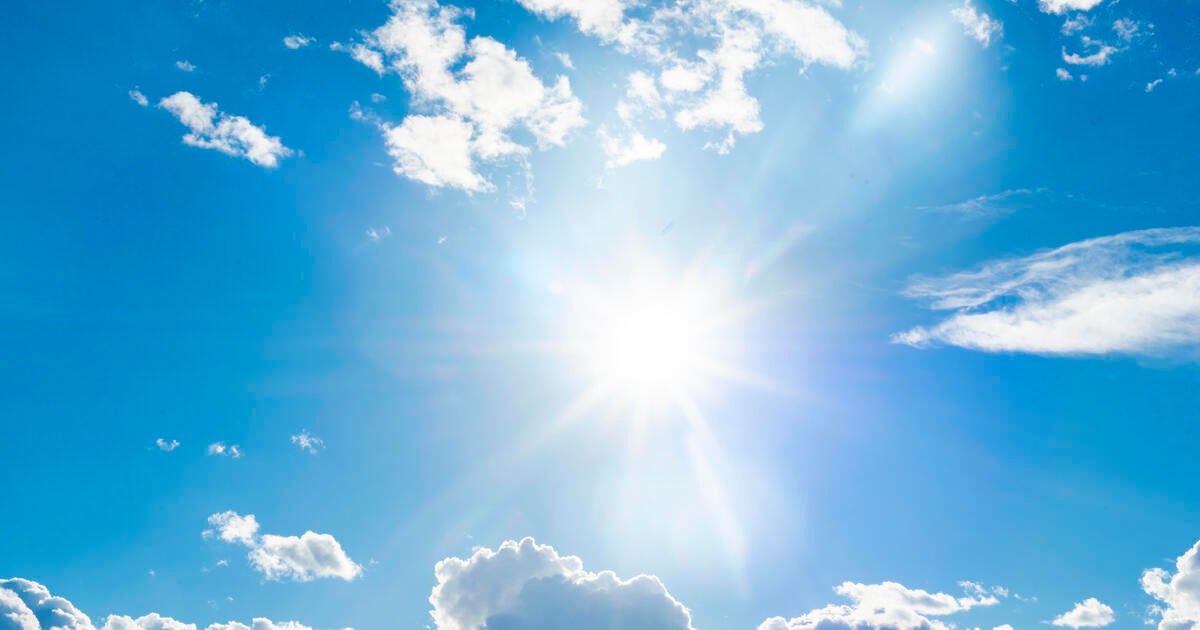Florence Now A Hurricane Moving Toward East Coast
NEW YORK (CBSNewYork/CNN) - The tropical storm Florence, on track to likely hit the East Coast of the U.S. this week, was upgraded to a hurricane Sunday morning. And in a busy start to the 2018 Atlantic hurricane season, two other big storms are brewing right behind it.
The National Hurricane Center reclassified Florence as a hurricane in its 11 a.m. report while also issuing advisories in the Atlantic for two other tropical storms expected to become hurricanes: Isaac and Helene.
Florence is already making an impact on the Carolina coast.
Lifeguards in the Wilmington area rescued more than a dozen swimmers caught in strong rip currents on Saturday.
Florence is expected hit Bermuda and the Bahamas before approaching the U.S. mainland on Thursday.
Florence was in the Atlantic about 1,500 miles from the coast and 750 miles from Bermuda, moving west at 6 mph, the center said.
"Maximum sustained winds are now 75 mph, and further strengthening is forecast over the coming days," said CNN senior meteorologist Dave Hennen. "Florence continues on a track to impact the US mainland by Thursday or Friday."
The hurricane center said, "All indications are that Florence will be an extremely dangerous Category 4 hurricane while it moves over the western Atlantic toward the southeastern United States."
The area of Florence's projected landfall ranges from Georgia to the Washington, D.C., area.
It would be the first Category 4 hurricane to hit the Carolinas since Hugo in 1989. And it would be the first major hurricane (Category 3 or higher) to hit the East Coast since Jeanne, which struck Florida in 2004.
Swells generated by Florence are already affecting Bermuda and are beginning to reach portions of the U.S. mainland East Coast, the hurricane center said.
"These swells are likely to cause life-threatening surf and rip current conditions," the center said.
Another "life-threatening impact" from Florence could be freshwater flooding from prolonged heavy rainfall inland, the center said. It is too soon to say where, when or how severe the rainfall might be.
Virginia and North Carolina and South Carolina already are on alert. Their governors declared states of emergency Friday and Saturday.
"While the impacts of Tropical Storm Florence to Virginia are still uncertain, forecasts increasingly expect the storm to strengthen into a major hurricane that could seriously affect the East Coast and Virginians," Virginia Gov. Ralph Northam said Saturday in a news release.
"We are preparing for the worst, and of course hoping for the best," South Carolina Gov. Henry McMaster said, adding his declaration would allow state agencies to deploy assets quickly to the coast.
North Carolina Gov. Roy Cooper waived certain transportation restrictions so that farmers could harvest and move crops more quickly.
Cooper also urged people to learn what evacuation routes to take, and put fuel in their vehicles in case they're ordered to leave.
"Action today can avoid losses due to Florence," he said.
The Navy said Saturday that it may be necessary to send ships in the Norfolk, Virginia, area out to sea because of the coming storm. The Navy put them on Sortie Condition Bravo, which means the onset of destructive weather is within 48 hours.
In a news release, the Navy said the ships can handle destructive weather better while at sea and that "having the ships underway also makes them ready and available to respond to any national tasking, including any needed disaster response efforts in the local area after the storm has passed."
Tropical Depression Nine became Tropical Storm Isaac on Saturday afternoon over the eastern tropical Atlantic, the National Hurricane Center said. It was about 1,500 miles from the easternmost Caribbean islands on Sunday and could become a hurricane later in the day.
Behind Isaac is Tropical Storm Helene, which was moving across the southernmost Cabo Verde Islands off West Africa on Sunday morning and will become a hurricane late on Sunday, the hurricane center said.
Neither is forecast to hit the mainland United States.
The three systems - Florence, Isaac and Helene - come right before the Atlantic hurricane season hits its peak Monday. The eight weeks around that date often are prime time for the conditions that fuel powerful storms.
(2018 Cable News Network, Inc., a Time Warner Company. All rights reserved.)







